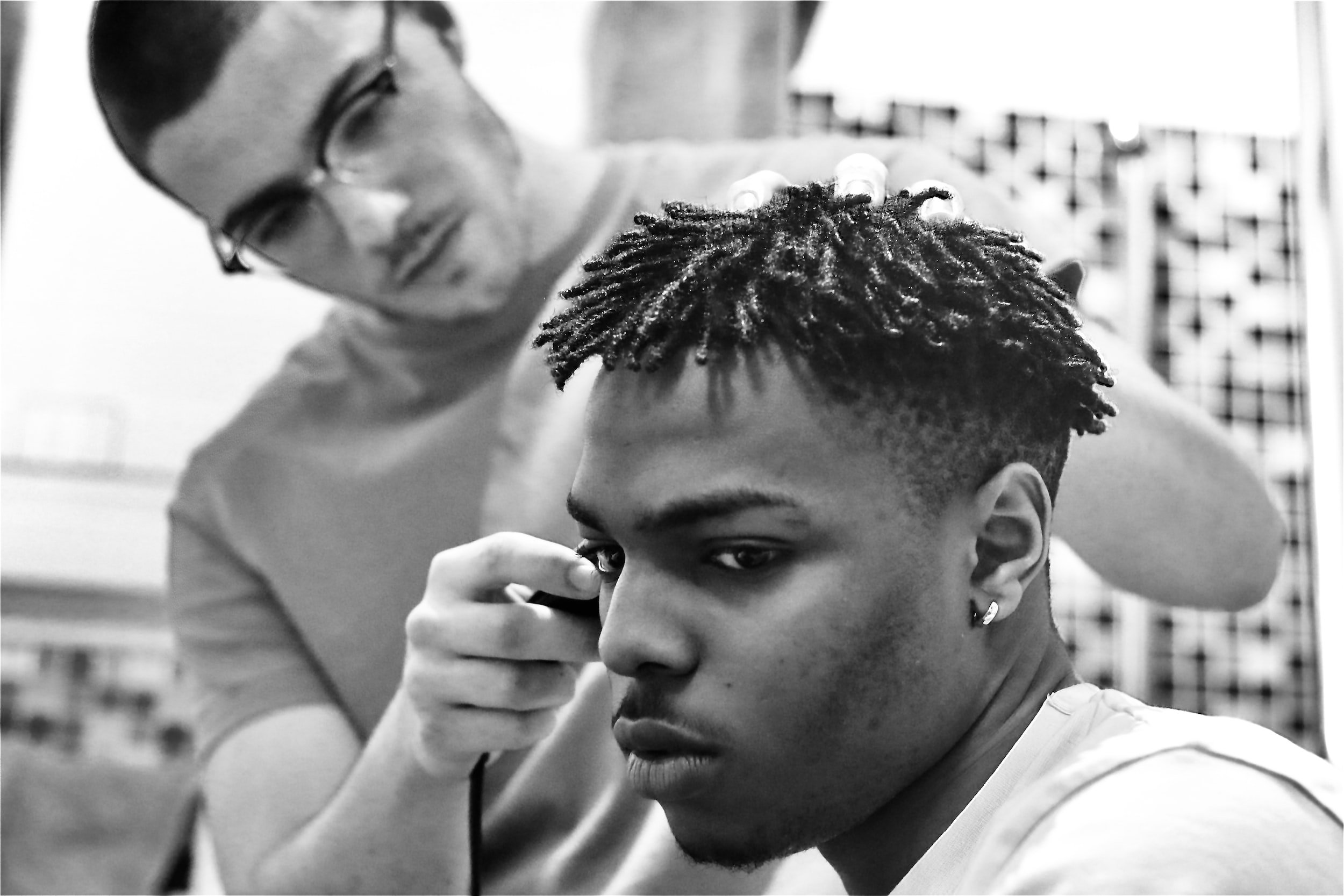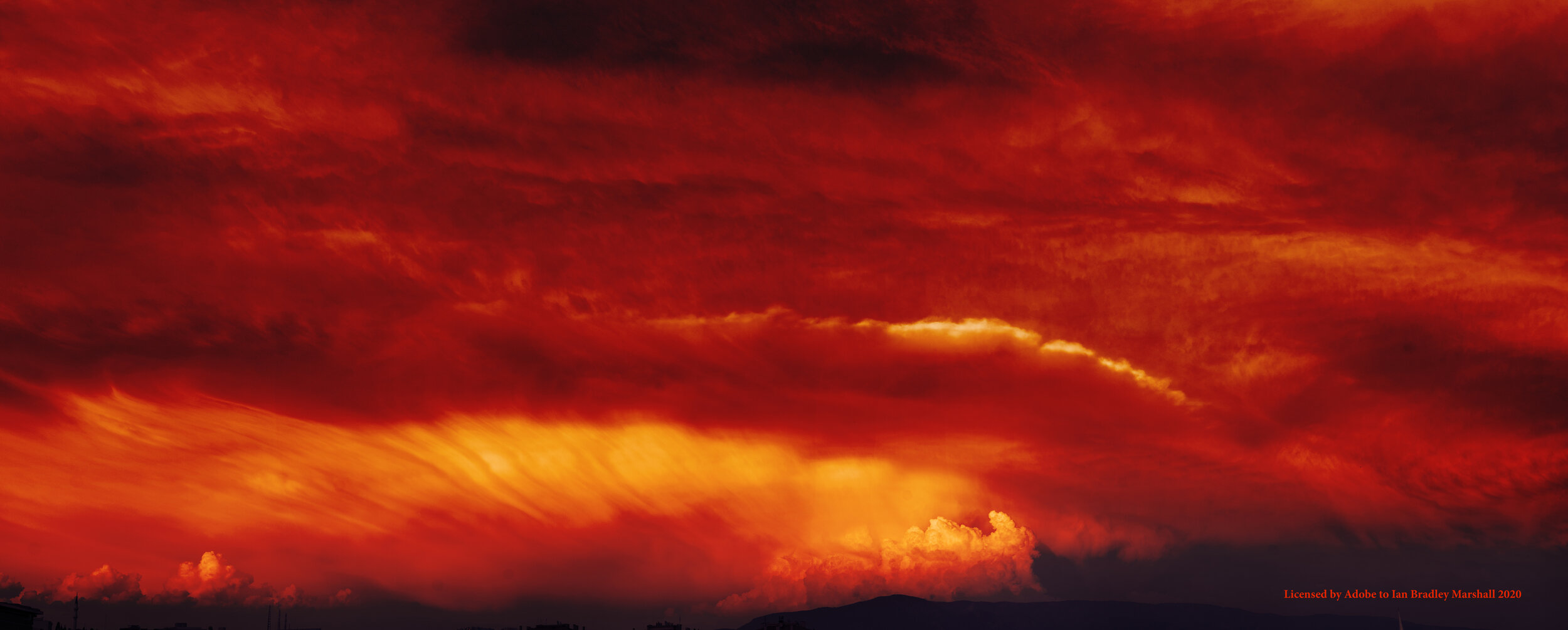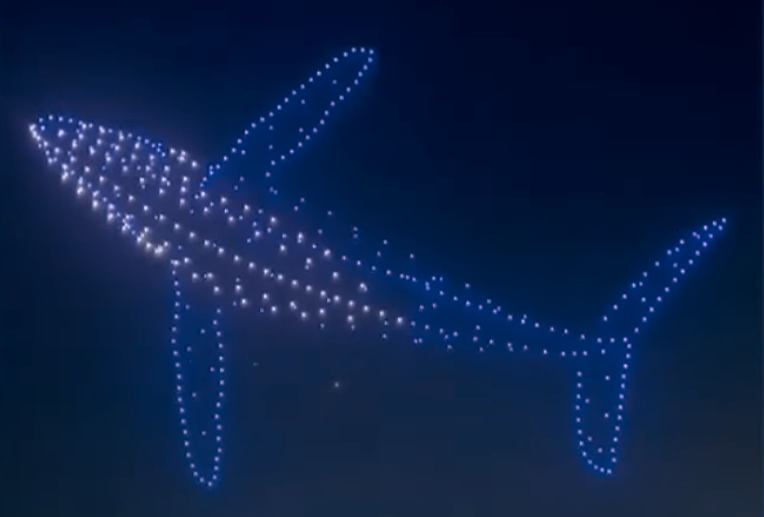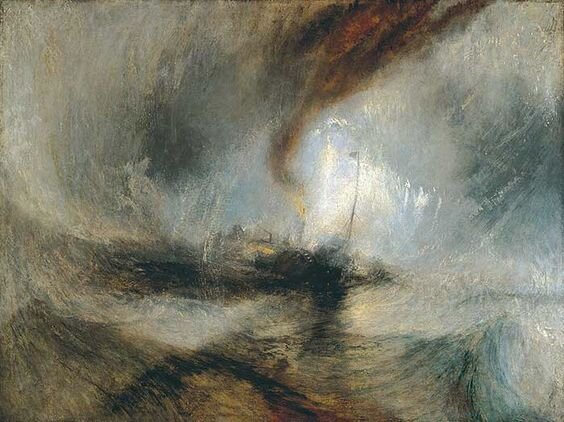Outside the Box ~ A More Detailed View (Revised Edition)

A Thousand Dimensions
Volume 1 2022
Preamble
APPROACH OF EASTER always concentrates my mind. What is my faith? More importantly, where is my faith?
Mine stems from liberal Christianity. Yes, there is such a thing.
A life without a belief system in place is, for me, a life without a foundation. But here is my conundrum. I am suspicious of all religions.
If I hold the light beam of history up to every religion of humankind, whether written or merely passed down by word of mouth through succeeding generations, I am confronted by the bad side of human nature.
Chapter One
I
I’m at that uncomfortable fork in the road. Theism or Atheism. Travelling companions often, with vigour, choose the latter. When I examine religious ideology - and here I refer to every religion - I ponder, yes, I’m not surprised when I see the reasons for that decision.
This fork in the road is not a ‘one-off’. It pops up along my timeline … a new decision … a new test of nerve … yet another test of faith.
In retrospect, I am relieved I experienced radical Christian fundamentalism, even though, in hindsight, it was the most unpleasant and unwelcome experience. That is now a quarter of a century ago, taking me a good decade to work through and half another one to get it out of my system.
II
But here is the point of my writing this dimension, this perspective.
For me, it works out like this:
When religion rode the high road I was sure of my faith.
When religion rode the low road I was sure of my faith.
It was then, just as I align the compass points to give me a fixed position on my map, one confirming my current position, the other confirming my intended destination, I looked at faith and found it to be a very fine, often almost invisible, pencil line; in the mind’s eye, it seemed less than the width of a human hair.
However, when I compared both, I noticed that the faith that accompanied me on the low road was very much more alive, flexible, and able to adapt itself to every situation I found myself in.
III
This might sound like me making faith fall into line with my own thinking. Not so. It has the ability to really pull me up short, to cause me to reflect inwardly, to think of my responsibilities and of my impact on family and friends, and, frankly, I don’t often like what is thrown at me. None of us does.
This is no different, of course, from the person who does not accept any religion. A solid upbringing and firm principles taught by loving parents and family likewise keep one in line with living life that will not only benefit that person but also all those around. I suggest some live a far better life than some so-called religious people.
Conversely, the faith accompanying me on the high road demonstrated itself by constantly reinforcing religious ideology, that I had wrongly interpreted as evidence of my faith.
Even worse, it kept reminding me that I was a ‘sinner’, always in the wrong, and never deserving of a deity’s love. This theme riddles every religion, not just the three monotheistic religions.
Chapter Two
I
As a boy, we were all required to learn our multiplication tables, all 12 sets, each up to 12. Our father liked maths (Math for you lot across the Pond), and meals were regularly interspersed with “two fours!” “Eight!!” “Seven Sixes !” “Forty-two Dad!” “Well done. Six Sevens?!” “Oh… Ermmmmmmm!” At which point Mum would remark, you’ve got to be quick off the mark. Dad will always turn them round!! And we would have a great laugh and giggle and then calm down, we’re at the tea table.
Wonderful memories.
As we three siblings were duly invited with a yes, you may all get down now!, Carol would say something like, ‘Well I got them all right!’, and Vanessa would say … bearing in mind the age difference is 3 years and eight years either side of me, ‘Well I know all my three times tables …’
‘Yes, that’s because you’re at infant school, I’m at primary school and Carol is at senior school, and don’t we know it! Come on Ness. Let’s ride the stagecoach again!’
Recalling such times helps me to see how our parents went about teaching us.
At school, those maths tables were at the centre of everything. And decades later this paid off many times when drafting estate or trust accounts, explaining to clients why beneficiaries were often receiving either more or less than they’d expected and wondering how I could make the calculation without the ‘indispensable’ pocket calculator.
By then a whole generation had slipped by their ‘twelves-times-tables’, calculators were as thin and squared as a bank card, and one’s perspective had become different, dependent. Yes, dependent upon the silicon chip.
The older generation found itself mocked, even ridiculed, when working independently of their pocket calculator. I loved my adding-up machine. I loved its sound. I loved to watch the paper roll out with the calculations, the subtractions always in red. Many an estate file would have those ‘roll-outs’ stapled inside the file, indispensable to colleagues revisiting the file years later.
II
And so it is with faith. Faith enables me to see its basis within the very basic tenets of the Bible but refuses the acceptance of literal interpretation unless I have hard evidence. Likewise, the paraphernalia of hocus pocus is beautifully embellished and given an air of reality by film studios.
Writing for another organization today in a different capacity, I defined my own way of seeing my faith, after much thought, thus:
How do I define faith?
Let me think.
My memory is not good but it goes something like this.
My faith provides me with certainty about my future,
even that beyond this present ending,
that guarantees that all is in place and that I have no end;
and what is more,
that I am doubly assured – by how I know not – of this certainty.
Chapter Three
I
So, some ask me how I actually practise my faith. I pray. No one knows the subject of my praying, that is between me and my Creator. I go to that Most Secret Place, most nights. The light is dimmed. I review the day that closes, around me, around my country, and around the world. I read scripture, often a Psalm or s chapter in old English. That of course gives me the very narrow view that dominated people’s lives and ruined countless people in the process. Then I read a very modern version. But in between, I also proofread the old English, changing emphasis, and using what I think the writer is trying to communicate. Let me give a very crude example. American English has produced the word gonna. It means going to. What started off as slang has become so-called high English. American English, sure. And it has seeped into British English. Words used 200 years ago have a different meaning then to what they have now. Last evening, reading Psalm 14 in old English, it spoke of the abominable behaviour of people, and people doing abominable things. That word is now very old-fashioned. The modern translation gave me a much easier rendition … terrible behaviour … people doing terrible things.
We have to accept that language evolves. Those who remain steadfastly rooted in very old language do much damage to the world in which they live. We have to move with the times.
I then end with the Lord’s Prayer. I do not say it as if I’m reading off a learned verse. I make each line count. I put it in the first person, so it is a prayer by me to G-D. I’ll say it in English. Sometimes, I’ll say it in German. Other times, I’ll mix the languages. Things that are causing me concern are placed on the table. A lot of questions. Some arguments too.
Then, a great sense of peace enters this most secret place. It is not possible for me to describe it, for it is unique to me. That is the experience for everyone. The light goes out, and soon it is morning, and I awake refreshed and ready for the new day.
Ending
Outside the box, that is where I prefer to be.
But the German rendering, in a way, seems more accurate to my position: Ohne Kapelle: without a chapel; as opposed to vor der Kapelle: outside the chapel.
Ja. Für mich, es ist Ohne Kapelle.
Durch die Gnade des Heiligen Geistes
3 October 2022
All Rights Reserved
© Kenneth Thomas Webb 2022
Banner Photo by Joshua Earle on Unsplash
Ken Webb is a writer and proofreader. His website, kennwebb.com, showcases his work as a writer, blogger and podcaster, resting on his successive careers as a police officer, progressing to a junior lawyer in succession and trusts as a Fellow of the Institute of Legal Executives, a retired officer with the Royal Air Force Volunteer Reserve, and latterly, for three years, the owner and editor of two lifestyle magazines in Liverpool.
He also just handed over a successful two year chairmanship in Gloucestershire with Cheltenham Regency Probus.
Pandemic aside, he spends his time equally between his city, Liverpool, and the county of his birth, Gloucestershire.
In this fast-paced present age, proof-reading is essential. And this skill also occasionally leads to copy-editing writers’ manuscripts for submission to publishers and also student and post graduate dissertations.





